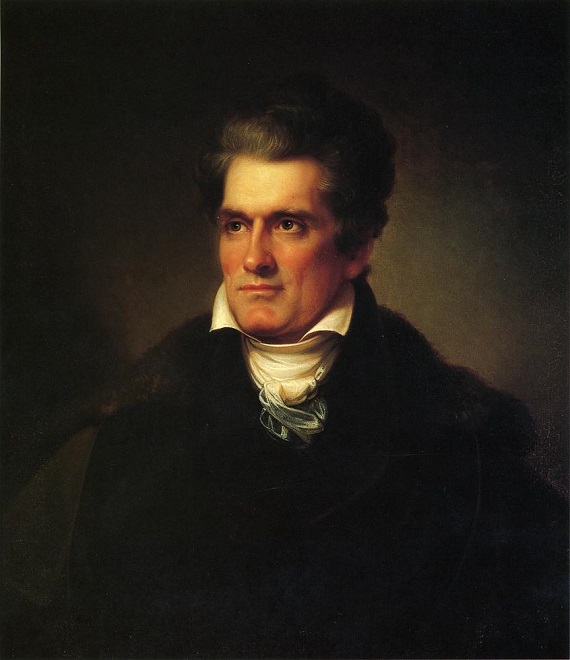
Southern conservatism is considered an enigma when juxtaposed against the bipartisan political configuration having been imposed upon us since the beginning of the American experiment. The candor of its echoed sentiment as a past relic meets the ears of many contemporary Americans with halted sails as its message could never penetrate their intellect. When the essence of its subject is given the slightest credence, however an anomaly it may be, the human condition is realized, and a shred of faith is foisted upon the social order as a revelation has occurred within his egg-shelled mind. This revelation comes not in the form of a plank of a political platform, nor as novel policy initiative (as is the preferred methodology considered by our latest political elite.) Rather southern conservatism reforms its inheritor through a philosophical means that stands exterior to any political class, party, or from any linear or spectral delineations of any given political ideology. Southern conservatism is an understanding of the natural transmission of government and community whereas a symbiotic relationship is erected to progress the human condition, as which are the ends the relationship hopes to effectuate. As John C. Calhoun in his Disquisition on Government stated, “herein is to be found the principle which assigns power and liberty their proper spheres and reconciles each to the other under all circumstances. For, if power be necessary to secure to liberty the fruits of its exertions, liberty, in turn, repays power with interest, by increased population, wealth, and other advantages, which progress, and improvement bestow on the community. By thus assigning to each its appropriate sphere, all conflicts between them cease; and each is made to co-operate with and assist the other, in fulfilling the great ends for which government is ordained.”
More @ The Abbeville Institute

No comments:
Post a Comment